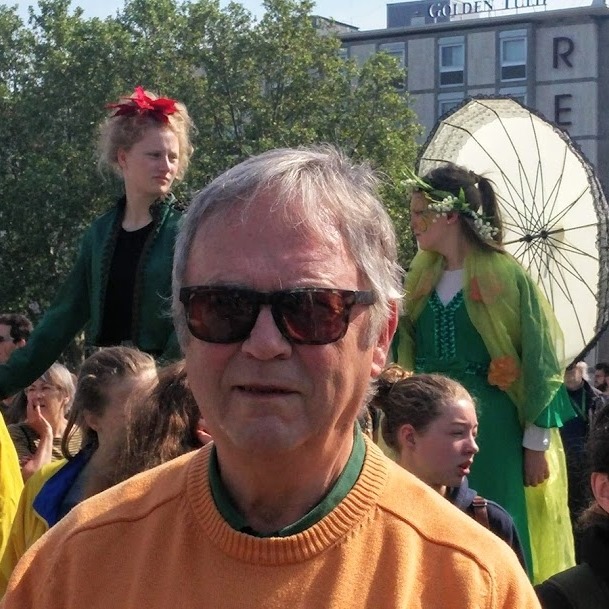"The crisis in and surrounding Ukraine is the concrete manifestation of long-term internal and external developments. Russia is rejecting a close partnership with the West and placing emphasis on strategic rivalry. Internationally, Russia is presenting itself as an independent power centre with global ambitions.
"This is reflected, for example, by an increase in Russia's military activities along its borders with the European Union (EU) and the North Atlantic Alliance (NATO). In the course of extensively modernising its armed forces, Russia appears to be prepared to test the limits of existing international agreements. By increasingly using hybrid instruments to purposefully blur the borders between war and peace, Russia is creating uncertainty about the nature of its intentions. This calls for responses from the affected states, but also from the EU and NATO.
"Without a fundamental change in policy, Russia will constitute a challenge to the security of our continent in the foreseeable future. At the same time, however, Europe and Russia remain linked by a broad range of common interests and relations. As the EU's largest neighbour and a permanent member of the UN Security Council, Russia has a special regional and global responsibility when it comes to meeting common challenges and managing international crises. Sustainable security and prosperity in and for Europe cannot therefore be ensured without strong cooperation with Russia. It is therefore all the more important that, in our relations with Russia, we find the right balance between collective defence and increased resilience on the one hand, and approaches to cooperative security and sectoral cooperation on the other.
"What is important for the common security space of our continent is thus not the development of a new security architecture, but rather respect for and consistent adherence to existing and proven common rules and principles (pp. 31-32).
...
"The renaissance of traditional power politics, which involves the use of military means to pursue national interests and entails considerable armaments efforts, elevates the risk of violent interstate conflict -- even in Europe and its neighbourhood, as is illustrated by the example of Russian actions in Ukraine" (p. 38).
...
"Cooperative security is particularly important with regard to those states that traditionally have had a complex relationship with NATO. For a long time, Germany has been working towards establishing particularly cooperative relations with the Russian Federation and played a key role in the adoption of the NATO-Russia Founding Act in 1997 and the creation of the NATO-Russia Council. Germany continues to support the long-term goal of a strategic partnership between NATO and Russia. For the time being, the Russian Federation's current policies, which are reflected in the annexation of Crimea and the present doctrine declaring NATO a threat, necessitate a dual approach: credible deterrence and defence capability as well as a willingness to engage in dialogue (p. 66).
...
"The German Government will and is determined to " promote in NATO a dual approach to Russia consisting of credible deterrence and defence capability as well as a willingness to engage in dialogue and attempts at cooperative security-- (p. 69).
Now, does any of this sound like Germany is "preparing for war with Russia," as Eric Zuesse claims? Does it sound like Armageddon is therefore just around the corner, as Paul Craig Roberts claims?
No. The journalistic integrity of Eric Zuesse and Paul Craig Robert must therefore be questioned -- and, one might add, the exceptional decision of OpEdNews to allow Roberts to publish his articles on the OEN website while disallowing comments. If comments were allowed, I would be challenging Roberts directly instead of in this article.
Does any of what I have quoted above sound as if Germany is becoming more independent of the United States? Certainly not.
So the point I was trying to make in my comment on Deena Stryker's article -- that Germany is not growing any sort of demonstrable backbone in opposition to US policy (despite the remarks of Foreign Minister Steinmeier's re the NATO "saber-rattling" in Eastern Europe, which I reported on here and here ) -- is not supported by Roberts' article, which turns out to be a shoddy misrepresentation of the facts, but it is supported by the facts themselves as expressed in the German White Paper: Germany is NOT "preparing for war with Russia," as Zuesse and Roberts falsely contend, but it is not distancing itself from Washington, either. On the contrary, and regardless of what the German population might think, the German White Paper purports to show that Washington and Berlin are of one mind.
This is something which deserves scrutiny and discussion, but the misrepresentations of fact by Roberts and Zuesse emphatically do not.
(Note: You can view every article as one long page if you sign up as an Advocate Member, or higher).





